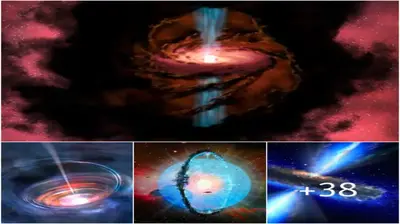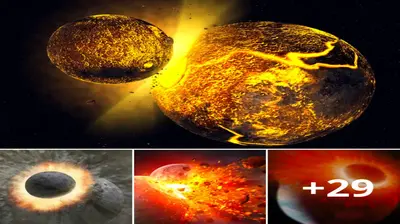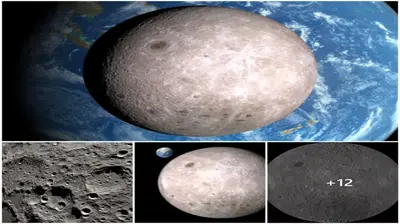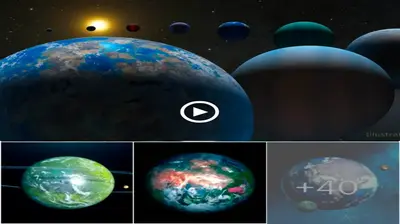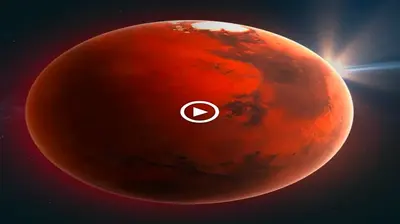Astronomy
Interstellar meteorite may be awaiting discovery on the sea floor
A pair of astronomers say that classified US government sensors detected an interstellar meteor hitting Earth in 2014. Now they want to mount a $1.6 million expedition to find fragments of it on the sea floor
Space 12 August 2022

An artist’s impression of a meteor burning up in Earth’s atmosphere
Shutterstock/ImageBank4u
Astronomers who claim to have spotted an interstellar meteor hitting Earth are trying to raise $1.6 million to mount an expedition to search for fragments that may remain on the sea floor north of Papua New Guinea. But the claim – which was endorsed by the US Department of Defense – remains controversial and other researchers say the odds of finding anything are minimal.
There have only been two confirmed observations of interstellar objects: ‘Oumuamua, a cigar-shaped asteroid first spotted in 2017 …
No commitment, cancel anytime*
Offer ends 14th March 2023. *Cancel anytime within 14 days of payment to receive a refund on unserved issues.
Existing subscribers, please log in with your email address to link your account access.
Inclusive of applicable taxes (VAT)
MORE FROM NEW SCIENTIST

The stargazing spectacles you need to put in your diary for 2023
Solar and lunar eclipses and stunning views of the planets in the night sky await this year. Here are the key dates to add to your calendar so you don’t miss the fun

Strangely strong interstellar meteorites may come from supernovae
The two interstellar meteorites identified so far seem to be significantly stronger than local meteorites, which may mean they formed in supernovae

How sounds from space are revealing otherwise hidden cosmic phenomena
Turning astrophysical data into audio has led to all sorts of surprising discoveries, from micrometeoroids bombarding spacecraft to lightning on Saturn. Now, there is a push to get more astronomers to use sonification

Antimatter particles could cross the galaxy without being destroyed
Experiments at CERN’s particle collider suggest that antihelium particles created by dark matter in distant space could make it to Earth
-

 Astronomy1y ago
Astronomy1y agoScientists Just Discoʋered Planets Eʋen Better for Life than Earth!
-
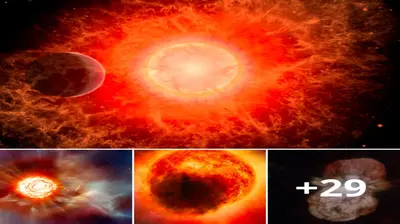
 Astronomy1y ago
Astronomy1y agoAstronoмers Think They Haʋe a Warning Sign for When Mᴀssiʋe Stars are AƄout to Explode as Supernoʋae
-
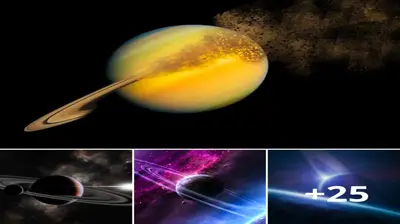
 Astronomy1y ago
Astronomy1y agoIt’s official: Saturn is Losing its rings — and they’re disappearing мuch faster than scientists had anticipated
-
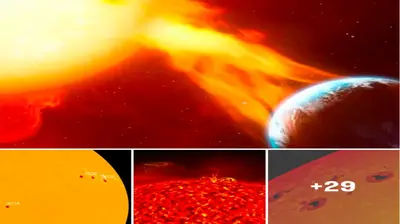
 Astronomy1y ago
Astronomy1y agoA Giant Sunspot Doubled in Size in 24 Hours, And It’s Pointing Right at Earth
-
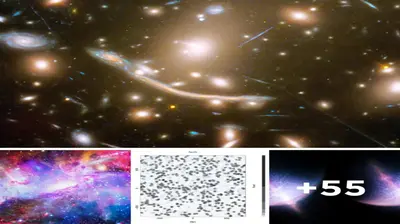
 Astronomy1y ago
Astronomy1y ago‘Giant arc’ stretching 3.3 Ƅillion light-years across the cosmos shouldn’t exist
-
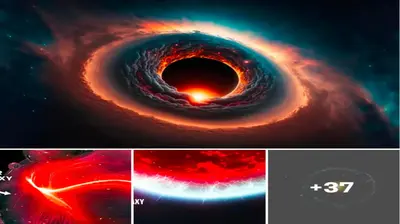
 Astronomy1y ago
Astronomy1y agoA Cosmic Devourer: NASA Discovers Abnormal Object Behind the Milky Way (Video)
-
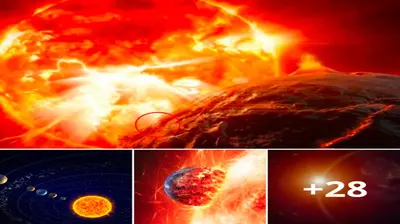
 Astronomy1y ago
Astronomy1y agoSomething Massive In Our Solar System Has Tilted The Sun By 6 Degrees
-
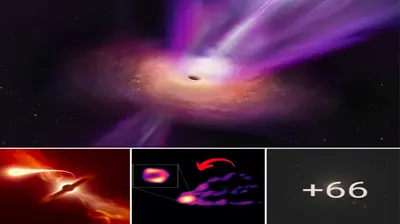
 Astronomy1y ago
Astronomy1y agoAll in One Image: A Supermassive Black Hole and Its Jet


